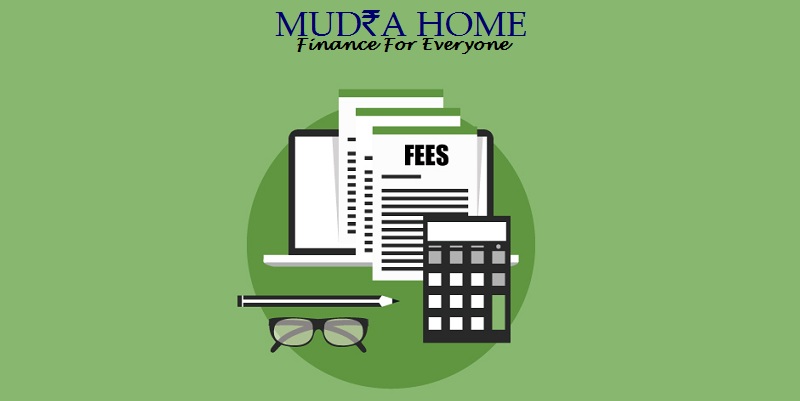
Processing fees is the most initial fee charged, which forwards the costs to the borrowers for their documentation, appraisals, employment and credit history, or any other information necessary for the lender’s underwriting department.
Along with the processing fees, home loans come with several other fees, charges and penalties. Not all banks levy all the charges mentioned below. Often banks employ different terminologies, and some may even club multiple of these under the same type of fee. However, you must be aware of how much you are expected to pay while you have a housing loan.
The fees have been broadly classified under –
Loan-related Fees
Document-related Fees
Legal and Government Fees
Make sure you read the MITC (Most Important Terms & Conditions) document and the loan agreement, they will have all the kinds of fees and charges applicable to your loan.
